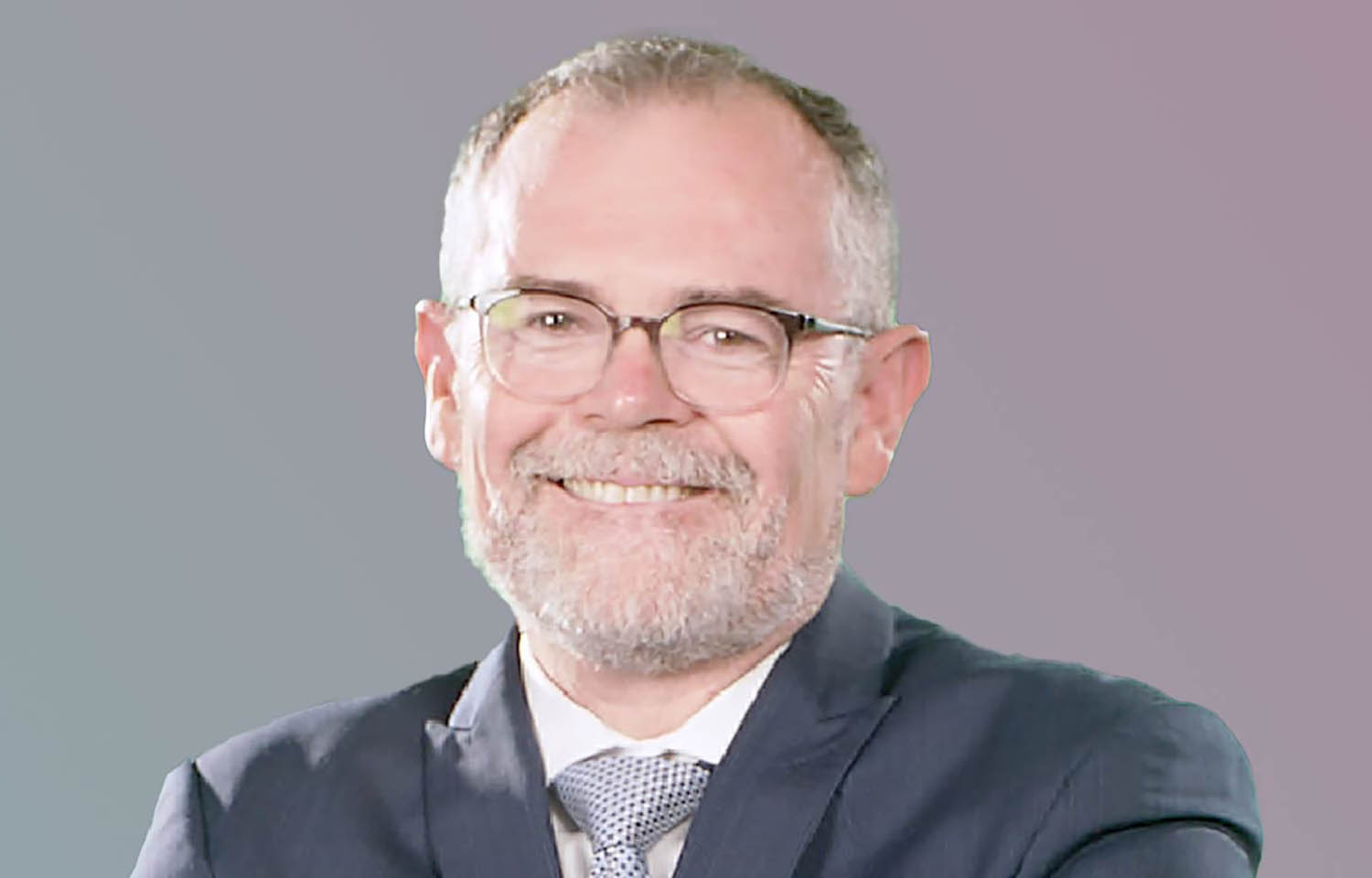South Africa President Cyril Ramaphosa has appointed a new fisheries minister following the general election that took place in the country in June.
Dion George, who has been a member of South African Parliament since 2008, is the new minister of forestry, fisheries, and the environment, taking over from Barbara Creecy, who has been named the new minister of transport.
George, upon his new appointment, has pledged to increase government support for all small-scale fishing cooperatives, particularly in the coastal provinces of Eastern Cape, KwaZulu-Natal, Northern Cape, and Western Cape. He also said his department will conduct new inspections of rights-holders in hake, abalone, rock lobster, linefish, squid, and pelagic fisheries, all of which are highly valuable in the country.
“We need to connect and reconnect our coastal communities to the ocean economy and encourage entrepreneurship,” he said.
George said since assuming office, the Department of Forestry, Fisheries, and the Environment (DFFE) has submitted to parliament an Aquaculture Development Bill for approval, which is pending review.
Across the country, George has some unique challenges to tackle in his new position.
These include persisting challenges with enforcement of fisheries laws and sustainability measures, especially concerning illegal fishing targeting abalone and fast-tracking a delayed plan for rebuilding West Coast rock lobster and abalone populations.
In the recent past, DFFE has sought support from the private sector and other government departments in combating the challenge of poaching and illegal, unreported, and unregulated (IUU) fishing that are posing a threat to South Africa's fish stocks – something George will look to continue.
Another problem Geroge will have to handle is the fact that small-scale fishers in South Africa have accused the DFFE of corruption and discrimination through the deployment of its fishing rights allocation (FRA) system.
“The allocations are such a corrupt system. You have to tell your story to a quota board, but it’s no use because people with influence can buy quotas,” Tony Trimmel, a local fisher of Filipino descent, told the Daily Maverick. “People connected to politicians are the first recipients. You’re never going to be able to prove it, but everybody in the industry knows it, and the online license application system is a nightmare and stacked against us.”
George’s predecessor Creecy and the department as a whole has denied the claims, saying the 1998 Marine Living Resources Act (MLRA) on which the FRA is based does not discriminate.








